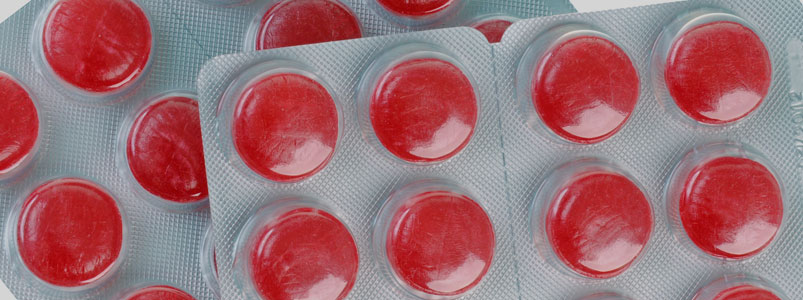Drug Facts
With so many voices and opinions out there, it’s important to understand the facts.
Fact is that while you’re a teen (and even into your early 20’s!), you’re still growing and developing, and drug abuse during these years in particular can have a lasting impact. Another fact to consider: the brain is much more vulnerable to addiction during these years. 90% of Americans with a substance abuse problem started smoking, drinking or using other drugs before age 18.
When it comes to drug use, individual reactions and experiences vary, so it’s important to understand the usual risks and effects, both short- and long-term. Knowledge can be the key to making your own best decisions.
Information provided isn’t to prevent anyone from seeking medical treatment under the advice and care of their doctor. A variety of substances offer potential medicinal value, but that doesn’t negate their risks, especially when abused.
- Adderall
- Alcohol
- Bath Salts
- Benzos
- Cocaine
- DXM
- GHB
- Hallucinogens
- Heroin
- Inhalants
- Ketamine
- LSD
- Marijuana
- MDMA
- Meth
- Mushrooms
- Over-the-Counter
- Prescription Drugs
- Rohypnol
- Salvia
- Spice
- Steroids
- Tobacco & Nicotine
- Xanax
- Adderall
- Alcohol
- Bath Salts
- Benzos
- Cocaine
- DXM
- GHB
- Hallucinogens
- Heroin
- Inhalants
- Ketamine
- LSD
- Marijuana
- MDMA
- Meth
- Mushrooms
- Over-the-Counter
- Prescription Drugs
- Rohypnol
- Salvia
- Spice
- Steroids
- Tobacco & Nicotine
- Xanax

Over-the-Counter
Just because you can buy over-the-counter (OTC) drugs with few restrictions, doesn’t mean they can’t be dangerous, or even deadly, when abused.
What is it?
Over-the-counter (OTC) drugs are products that are available at supermarkets, drugstores and convenience stores. There is an incorrect but widespread belief that because you don’t need a prescription, these drugs must be less dangerous than those found behind the pharmacy counter. The fact is, it’s risky to abuse either.
The most commonly abused OTC drugs include those that contain the ingredient DXM (dextromethorphan), which is used to treat cough, cold and flu symptoms. Also, OTC medications believed to help with weight loss — like laxatives, diuretics and diet pills — are sometimes abused. All of these medications can have serious and potentially fatal side effects over time.
The Risks
Both liquid cough syrups and the tablet or capsule forms of medicine that contain DXM can distort your visual perceptions and damage your sense of judgment. High doses can lead to loss of coordination, dizziness, nausea, hot flashes and hallucinations.
With diet pills, it sometimes starts by trying just a few, but then can quickly turn into a full addiction.
Ephedrine is one of the dangerous stimulants that can be found in diet pills. But even herbal or “natural” weight-loss products can often contain this and other ingredients that may be just as dangerous.
Among the many possible side effects of diet pills are hair loss, insomnia, menstrual cycle disturbances, urinary tract infections, diarrhea, vomiting, blurred vision and anxiety.
Long-Term Effects
DXM can be so physically debilitating, it makes any activity potentially dangerous. When combined with alcohol or other drugs, it can lead to overdose and death.1
The stimulants found in diet pills affect the central nervous system, increase your metabolism and make your heart beat faster. This can be especially serious for anyone with a pre-existing heart problem or high blood pressure. But even in a healthy person, diet pills can eventually cause a heart attack or stroke.
The Bottom Line
Since they’re legal and easy to find, OTC drugs are also easy to abuse. Like any medicine, they can have their benefits when taken as directed and in moderation. But there’s always the danger of taking too much, mixing them with other drugs and even overdosing. They can damage your body for life, and even cause death.
- U.S. Department of Justice Drug Enforcement Agency. Drugs of Abuse: Dextromethorphan (DXM).
Retrieved August 2011.
View Source [↩]







